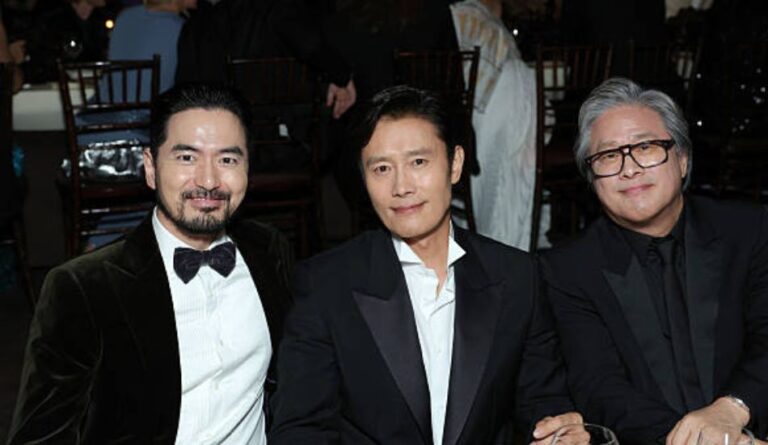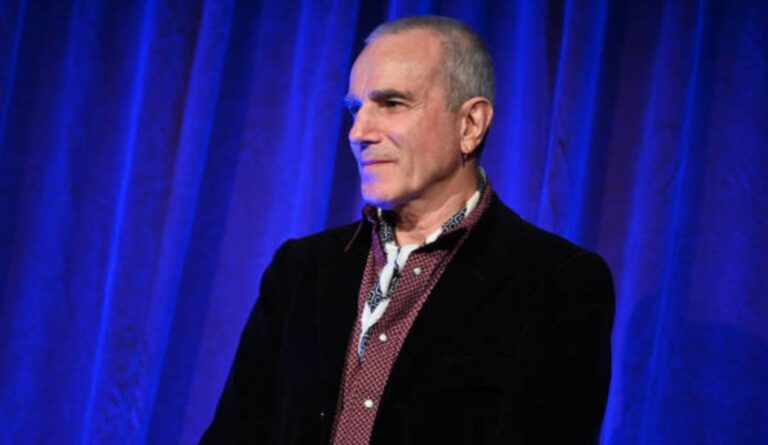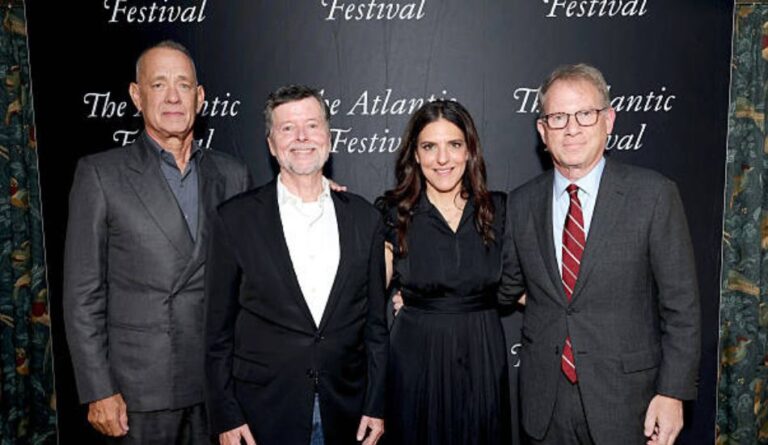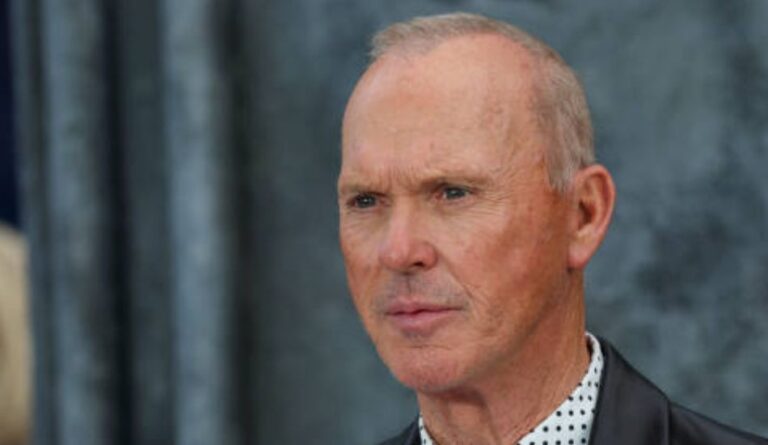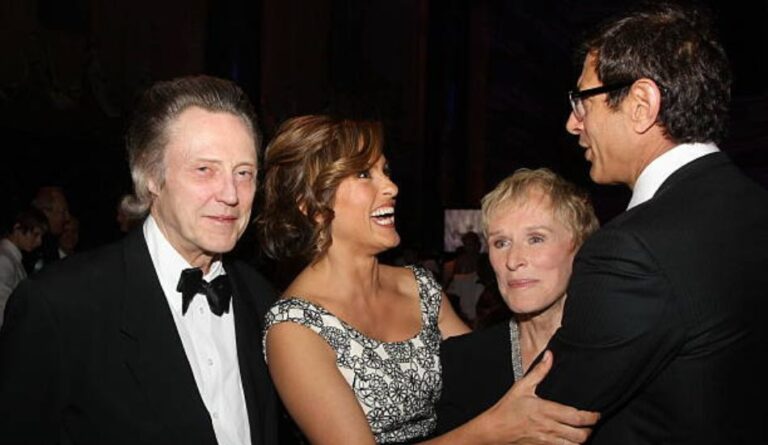Who Is Takeshi Kitano: A Deep Dive into the Life, Films & Legacy
Introduction
Takeshi Kitano—also widely known as Beat Takeshi—is a Japanese cultural icon whose career spans comedy, acting, directing, writing, painting, and television. Born on January 18, 1947 in postwar Tokyo, his life story is a fascinating journey from humble beginnings to becoming one of the most influential filmmakers of his generation.
Early Life & Background
Kitano was born in Adachi, a working-class district of Tokyo, as the youngest of four siblings. His upbringing was modest, and the environment of postwar Japan shaped his worldview early on. His mother was a strong influence, encouraging education and discipline, while his father’s absences and occasional brushes with the fringes of society gave Kitano a glimpse into worlds he would later explore in his films.
He enrolled at Meiji University to study engineering but dropped out before completing his degree. The pull toward entertainment was stronger, and he soon found himself working odd jobs while developing an interest in performance.
Rise as “Beat Takeshi” in Comedy & TV
In the early 1970s, Kitano formed a manzai comedy duo called “Two-Beat” with fellow comedian Kiyoshi Kaneko. This partnership led to his now-famous nickname, “Beat Takeshi.” Their style was fast, edgy, and laced with dark humor—a style that stood out in Japan’s comedic landscape.
By the 1980s, Kitano had become a household name through appearances on variety shows such as Oretachi Hyōkin-zoku and Takeshi’s Castle. His quick wit, willingness to push boundaries, and sometimes controversial jokes earned him both admirers and critics.
Transition to Film & Directorial Debut
Kitano’s entry into acting came with Merry Christmas, Mr. Lawrence in 1983, where he starred alongside David Bowie. His shift to directing happened unexpectedly in 1989 with Violent Cop, a film he also rewrote. Originally cast as the lead, Kitano took over directing duties when the original director dropped out.
Violent Cop & Boiling Point
Violent Cop marked Kitano’s arrival as a filmmaker with a unique vision—gritty, deliberate, and punctuated by bursts of violence. His follow-up, Boiling Point (1990), solidified his minimalist style with sparse dialogue and long, tense takes.
Signature Style & Themes
Kitano’s films often balance calm, meditative scenes with sudden, shocking violence. He explores themes such as loyalty, honor, mortality, and alienation, frequently set against the backdrop of the Japanese underworld. His style is characterized by deliberate pacing, understated performances, and a dry, sometimes surreal sense of humor.
Landmark Films: Best of Takeshi Kitano
Hana-bi (Fireworks)
Released in 1997, Hana-bi won international acclaim for its deeply emotional story about love, loss, and redemption. The film’s blend of violence and tenderness remains one of Kitano’s most celebrated achievements.
Sonatine
Sonatine (1993) is a contemplative yakuza drama about gangsters waiting for their fate on a quiet beach. Initially overlooked in Japan, it gained a strong following overseas for its poetic tone and minimalist storytelling.
Zatōichi (2003)
In Zatōichi, Kitano reimagined the legendary blind swordsman with his own blend of humor and action. The film became a box office success and further showcased his ability to reinvent classic Japanese cinema.
Outrage Trilogy & Brother
The Outrage trilogy (2010–2017) is Kitano’s return to the world of yakuza politics—filled with betrayals, shifting alliances, and relentless brutality. Brother (2000), his only Hollywood film, told the story of an exiled Japanese gangster building an empire in Los Angeles with his half-brother’s crew.
Cameo Icon: Battle Royale & the Yakuza Image
In Battle Royale (2000), Kitano played the weary and authoritarian Teacher Kitano, overseeing a class forced into a deadly survival game. His casting was a masterstroke, contrasting his comedic television persona with the film’s grim subject matter.
Over the years, Kitano’s frequent portrayals of gangsters and underworld figures have cemented his image as a cinematic embodiment of the yakuza archetype, even as his real-life persona is far removed from that world.
Personal Life: Mikiko Kitano & Family
Takeshi Kitano married Mikiko Matsuda, later known as Mikiko Kitano, in 1980. The couple had two children—Shōko and Atsushi—but divorced around 2019. In 2020, Kitano remarried Kiyoko Yokoi.
While Kitano has siblings, including older brothers, none have public profiles connected to his fame. The “Brother” association in his career comes from the title of his 2000 film, not his family relationships.
Net Worth & Financial Highlights
As of 2025, Kitano’s net worth is estimated between $5 million and $20 million. Earlier in his career, his fortune was rumored to be much higher, but his divorce from Mikiko reportedly led to significant financial losses.
His income has come from decades in television, film acting and directing, published books, art exhibitions, and even involvement in video game projects.
Later Works & Experimental Turns
Kubi (2023)
In 2023, Kitano released Kubi, a historical epic set during the late Sengoku period, focusing on the events surrounding the Honnō-ji Incident. He served as writer, director, producer, editor, and actor—a testament to his hands-on approach to filmmaking.
Broken Rage (2024–2025)
This project saw Kitano experimenting with structure, telling the same story twice—first as a straight thriller, then as a dark comedy. While reception was mixed, critics admired the boldness of the concept and his willingness to take creative risks even after decades in the industry.
Takeshi Kitano as a Young Man
In his younger years, Kitano’s comedy was unapologetically sharp and controversial. He took aim at taboo subjects and challenged Japanese television norms.
A 1994 motorcycle accident changed the trajectory of his career. The crash left the right side of his face partially paralyzed, a feature that became part of his iconic screen presence. Afterward, his films often took on a more introspective and melancholic tone.
Legacy & Cultural Impact
Takeshi Kitano is regarded as one of Japan’s most unique cinematic voices. His films stand out for their blend of humor, stillness, and sudden violence, often delivering profound reflections on human nature.
Awards such as the Golden Lion for Hana-bi have placed him in the ranks of the most respected international filmmakers. He has influenced directors both in Japan and abroad, and his work continues to inspire a new generation of storytellers.
Conclusion
From his beginnings as a stand-up comedian in smoky Tokyo clubs to becoming an internationally recognized filmmaker, Takeshi Kitano has continually reinvented himself. His works—whether violent yakuza dramas, tender love stories, or surreal comedies—carry a distinct voice that is instantly recognizable.
At 78 years old, Kitano shows no signs of slowing down. He remains a cultural force, a risk-taker, and a storyteller whose influence stretches far beyond Japan.
For more in-depth profiles and entertainment insights, visit chopmagazine.com.


